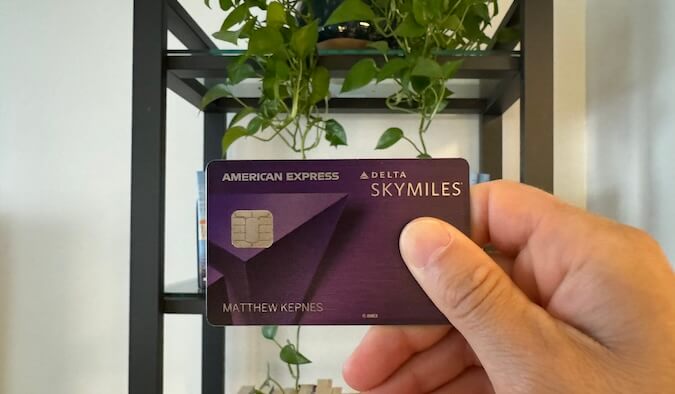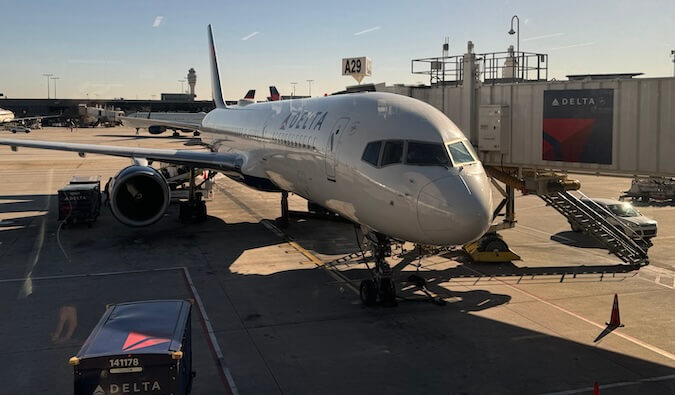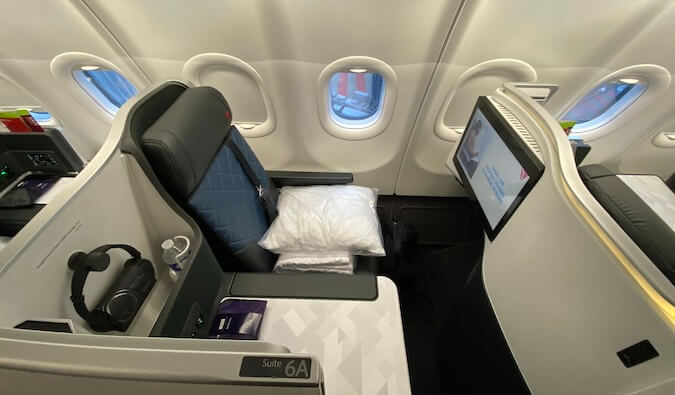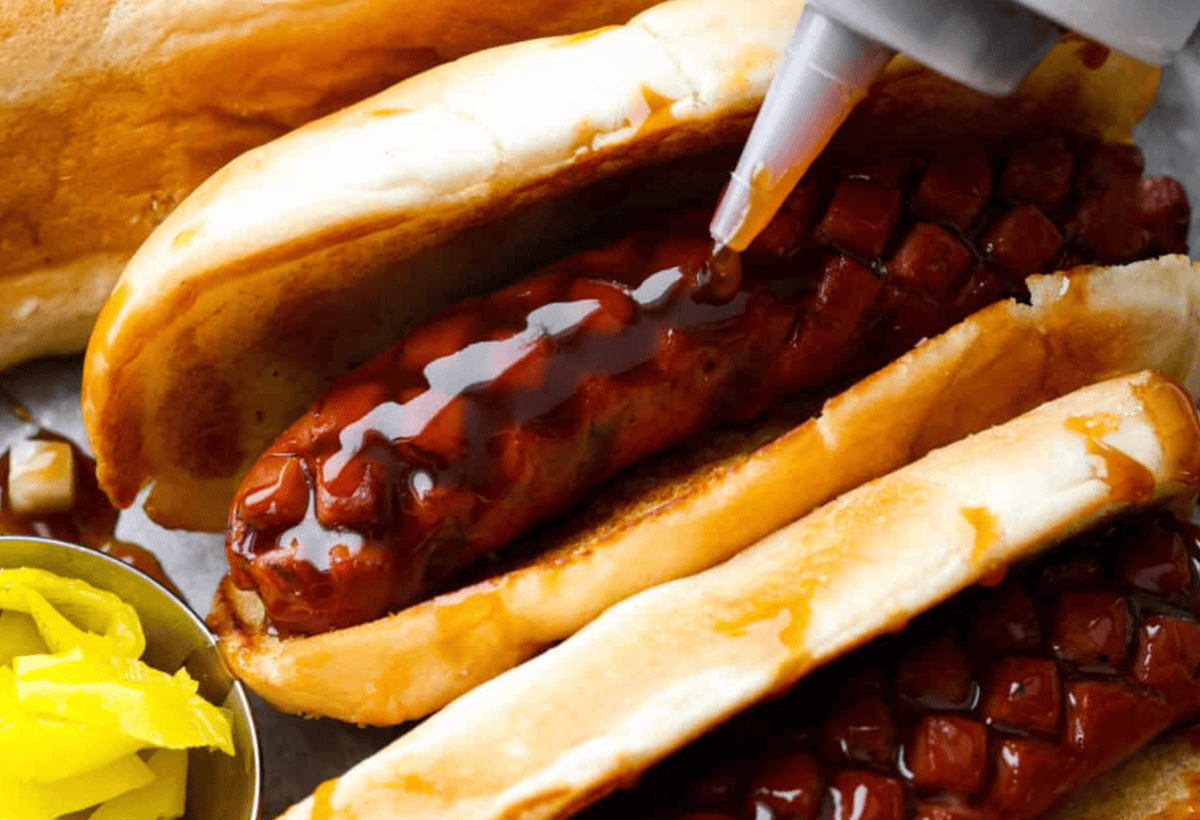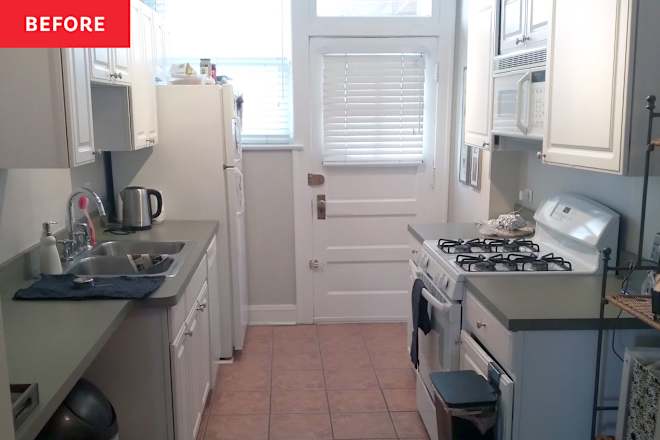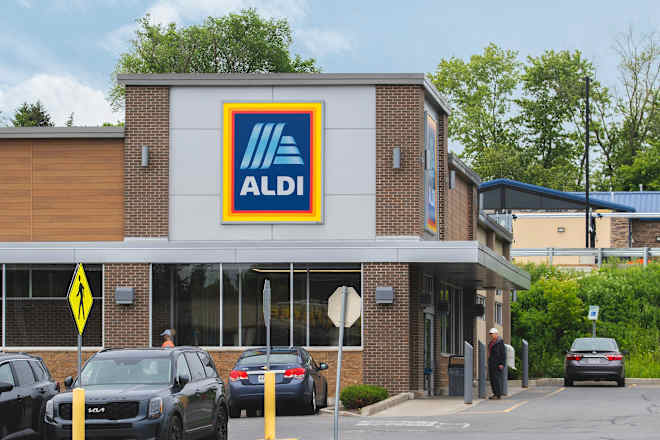Waymo Secures Permit for NYC's Self-Driving Taxis!


In a significant leap for autonomous transportation, Waymo has secured the green light to test its robotaxi services on the bustling streets of New York City. This approval marks a pivotal moment not just for Waymo, but for the entire landscape of self-driving technology as urban environments become the next frontier for autonomous vehicles.
The New York City administration has granted Waymo the first pilot permit of its kind, allowing the company to put its sophisticated autonomous systems—comprising cameras, LIDAR, and radar—through their paces in one of the most challenging driving environments in the world. This is a noteworthy achievement for Waymo, especially as competition in the autonomous vehicle sector heats up. Companies like Tesla are also eyeing the New York market, intensifying the race to capture dominance in metropolitan areas that promise lucrative opportunities for ride-sharing and delivery services.
The newly issued permit permits Waymo to deploy a fleet of eight Jaguar I-Pace SUVs across Manhattan and Downtown Brooklyn, effective immediately and continuing until late September. While these vehicles will be operational on the streets, they will be manned by a safety operator who will keep a vigilant hand on the steering wheel at all times. This precaution underscores the city's regulatory framework, which currently prohibits the testing of autonomous vehicles with passengers on board, a stipulation rooted in safety concerns.
To successfully navigate the complex approval process, Waymo had to submit detailed plans to the city’s emergency services and the Department of Transportation. This preemptive measure showcases the company’s commitment to ensuring that its operations align with the city’s safety protocols. A representative from Waymo expressed eagerness, stating that the company plans to commence testing its fleet "immediately."
Waymo's ambitions are not limited to New York City. Just last month, the company unveiled plans to expand its robotaxi services to Dallas by 2026, following the somewhat controversial rollout of Tesla's robotaxis earlier this year. While Tesla's foray into the autonomous ride-sharing realm generated significant buzz, many industry experts view Waymo as a frontrunner, given its extensive experience and established presence in cities like San Francisco, Austin, Phoenix, and Los Angeles.
Over the past few years, various companies in the robotaxi sector have engaged in pilot programs throughout major cities, particularly in California. Despite these efforts, very few have successfully transitioned to full-scale market operations. Waymo's methodical approach to testing and development, coupled with its emphasis on safety and regulatory compliance, positions it well to potentially lead the charge as urban autonomy continues to evolve.
Meanwhile, the competitive landscape continues to shift. Companies like Tesla, which has been aggressively recruiting robotaxi test drivers in New York City, are keen to establish their presence. However, they have yet to apply for any formal permits. This adds a layer of intrigue to the race, as established players and new entrants vie for a foothold in the rapidly changing market.
The implications of successful autonomous vehicle deployment in a city as sprawling and complex as New York are monumental. Such advancements could redefine transportation dynamics, reduce congestion, and improve air quality—all while offering a glimpse into the future of urban mobility. However, significant challenges remain. Issues such as public acceptance, infrastructure compatibility, and regulatory frameworks will play crucial roles in determining the success of robotaxi services.
As Waymo embarks on its experimental journey through New York City, the industry will be watching closely. The results of these tests could pave the way for broader acceptance of autonomous vehicles in urban settings, potentially revolutionizing how we think about transportation in densely populated areas. With the stakes so high, Waymo's success or failure in this endeavor could have lasting repercussions on the future of self-driving technology.
In conclusion, Waymo's latest approval is not just a win for the company but a beacon of hope for the autonomous vehicle industry as a whole. As robotaxis prepare to navigate the iconic avenues of New York, the outcome of this venture could very well set the tone for the future of mobility in urban landscapes around the globe. With the company poised to launch additional services in Dallas and beyond, the race to dominate the robotaxi market is only just beginning.
As the autonomous vehicle landscape continues to evolve, the focus will undoubtedly remain on how companies like Waymo balance innovation with safety, regulation, and public perception. The coming months will be critical in determining whether robotaxis can transition from the testing phase into everyday reality, reshaping urban transportation as we know it.
What's Your Reaction?
 Like
0
Like
0
 Dislike
0
Dislike
0
 Love
0
Love
0
 Funny
0
Funny
0
 Angry
0
Angry
0
 Sad
0
Sad
0
 Wow
0
Wow
0











